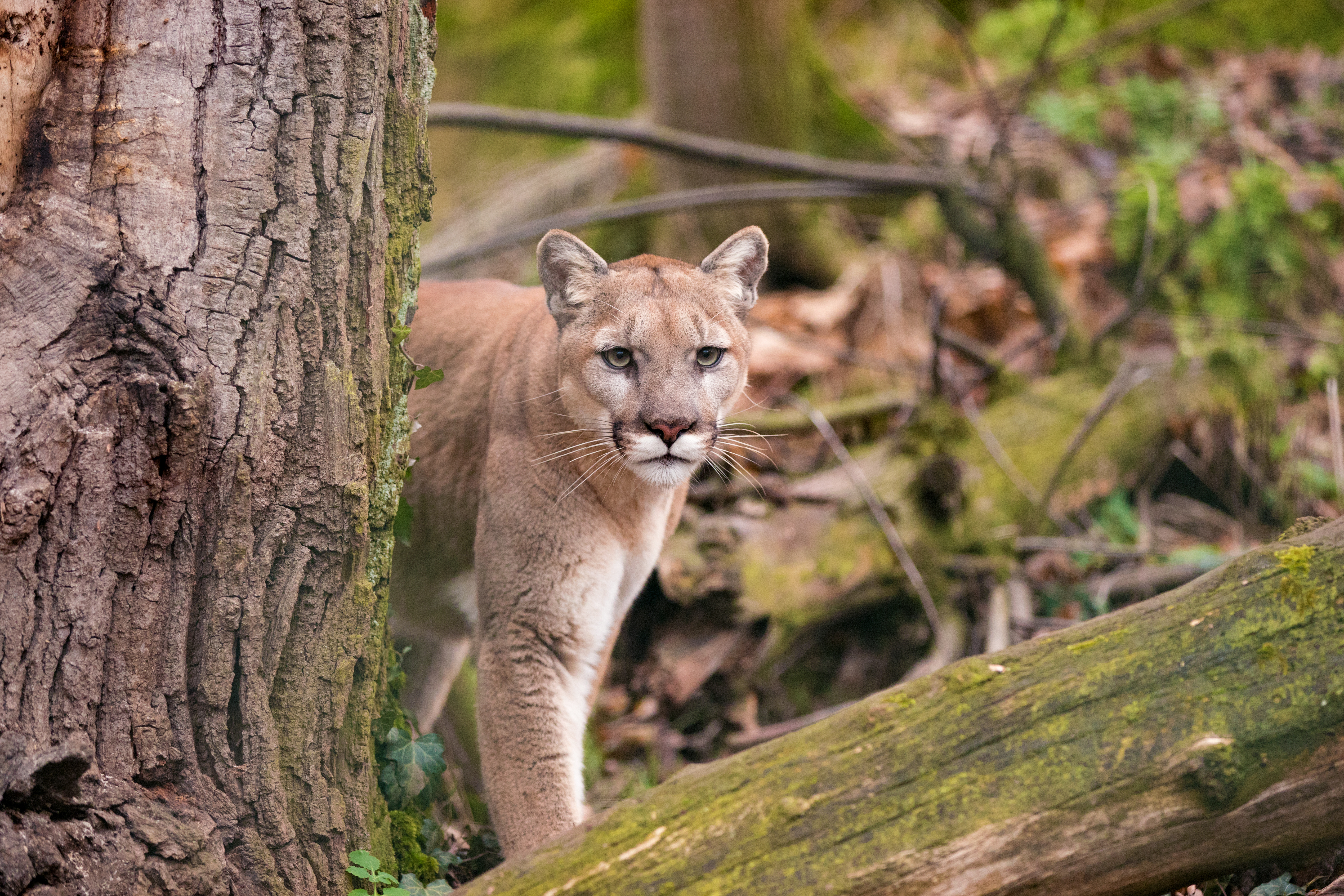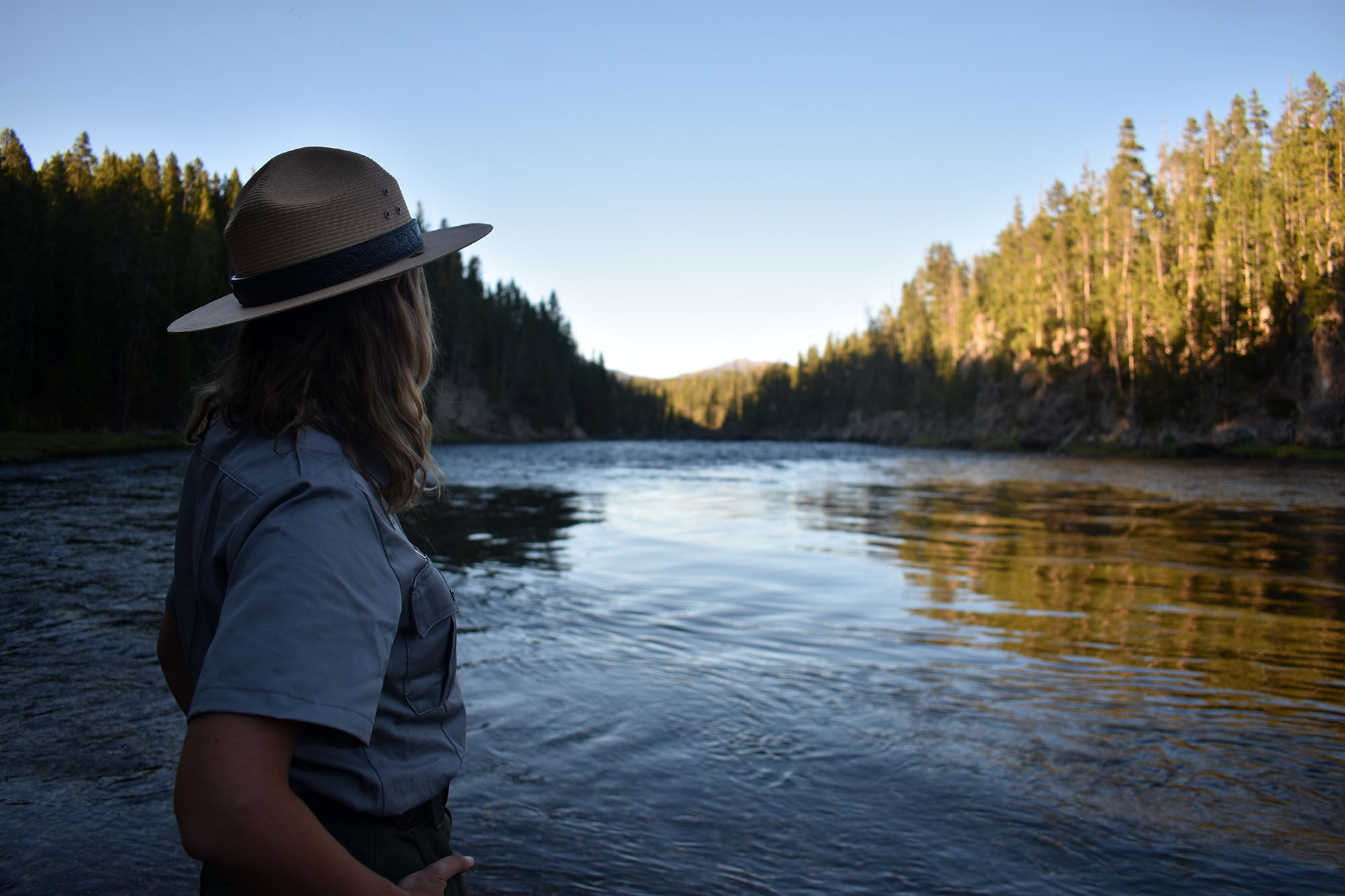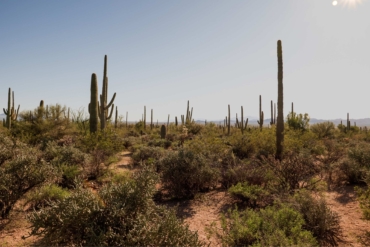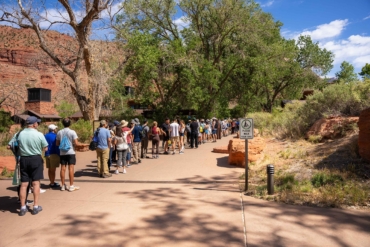The department denied a lion advocacy group’s petition so as to ‘allow time for adequate stakeholder engagement and input.’
Texas is the only state that doesn’t manage its mountain lion population with a formal conservation management plan. The big cat is classified as a non-game species in the Lone Star State. The upshot? Hunters across Texas can take lions at any time, in unlimited amounts, by any legal method.
And at least in the short term, it looks likely to stay that way. The Texas Parks and Wildlife Department (TPWD) recently denied a petition requesting bag limits and other regulations. But the department did approve the formation of a stakeholder advisory group and is open to funding further mountain lion research pending input from the group.
The meeting in question occurred on Aug. 25, 2022. The advisory group had yet to form as of Sept. 7, reports the Big Bend Sentinel.
The Petition
According to TPWD, Texans for Mountain Lions — the coalition that submitted the petition in June 2022 — had the following requests:
- The requirement that mountain lions intentionally taken for any reason be presented to the department within 48 hours of take
- 36-hour trap check requirement
- Regional bag limit of five mountain lions per year in South Texas
- Prohibition of “canned hunting” (hunting within the confines of a fence or other structure that prevents animal escape)
- The initiation of a statewide study to identify the abundance, status, and distribution of the mountain lion populations in Texas
- Form an ad hoc stakeholder advisory group composed of representatives from hunting organizations, livestock organizations, wildlife conservation organizations, outdoor recreation organizations, animal welfare organizations, independent mountain lion biologists, TPWD biologists, and TPWD policy managers. Its objective: write a mountain lion management plan for Texas.
The TPWD denied all but the last request.
“Agency staff have reviewed the petition and recommended a denial of the specific regulatory actions to allow time for adequate stakeholder engagement and input,” TPWD non-game and rare species program leader Jonah Evans told the Texas Parks and Wildlife Commission, per Texas Farm Bureau.
“There were concerns the mandated deadlines that accompany the petition would be too restrictive considering the complexity of mountain lion policy and the need to fully engage most impacted stakeholders. We recommend including affected landowners, land managers, academics, subject matter specialists and representatives of key stakeholder groups.”

Current Texas Practice
Currently, Texas does not conduct monitoring or surveys of mountain lion populations. Rather, the state relies on voluntary reports to get a handle on lion distribution across Texas. But even the TPWD admits voluntary reporting is a flawed strategy.
“Using verified reports provides data on mountain lion distribution but is insufficient to accurately determine population trends or status,” reads a paragraph on the TPWD website.
Preceding a formal study of mountain lion populations in the state, it’s unclear how the TPWD expects a stakeholder working group to make informed recommendations. Texas’ outsized percentage of private land complicates any attempt to study wildlife that’s elusive or ranges widely.
“There’s limited research on mountain lions in Texas, as studies on elusive animals with large territories that range across multiple private lands can be difficult and costly,” Evans said. “Also, competing priorities from more imperiled species limits the amount of available research funding.”
Mountain Lion Contention Leads to Threats
It’s also unclear just how much buy-in a stakeholder group would have from some members of the Texas ranching and livestock communities. And some mountain lion advocates in Texas have received threats from members of the hunting community.
“I would caution all landowners and agriculture producers to be very wary of any ‘cooperation’ of stakeholder involvement in this issue when we know what the ultimate end goal is of these groups.
“They are not truthful to or really concerned about private property rights or the rights of an individual to manage his/her own resources. They want to dictate by law how one manages a resource,” reads one comment at Texas Farm Bureau, the self-described “Voice of Texas Agriculture.”
Several other comments echo the sentiment.
Texans for Lions maintains its goals are, first and foremost, science- and conservation-based — not political. Filmmaker Ben Masters is a member of Texans for Lions and director of the Texas-centered wildlife film Deep in the Heart. He spoke to the Big Bend Sentinel in June, when Texans for Lions first submitted the petition.
“Action should be taken to ensure a future for our mountain lions in Texas,” Masters told the Sentinel. “Mountain lions are an iconic wildlife species in Texas. Without any science or a management plan, mountain lion populations in some areas of the state may not be viable into the future.”
Masters and his family subsequently received threats of violence. He shared some examples on his social media account and reported the threats to the FBI.
View this post on Instagram
A Texas Legend Weighs In
In many states where grazing lands and predator ranges overlap, ranchers fear for the safety of their livestock. But because of Texas’ current lack of data collection, recent, accurate numbers on livestock depredation are hard to come by.
A document available on the TWPD website (A Field Guide to Texas Mountain Lions) indicates instances might be few and far between — especially when it comes to cattle.
The field guide’s author is Billy Pat McKinney, a legendary Texas Parks and Wildlife lion biologist who grew up in a ranching family.
“Lions are capable of taking large animals, including livestock, but in general, reports of mature cattle and horse kills should be viewed with skepticism. Mountain lions rarely kill animals weighing over 500 pounds,” the guide reads.
“Cattle depredation in Texas is uncommon compared to sheep and goat kills. Cattle and lions coexist with little interaction in many areas,” it continues.
In the final pages of the document, McKinney has this to say:
“There are many methods to deal with these animals, and it is not always necessary to destroy them in order to solve the problem. Live capture and relocation is a possibility in some instances. However, each case is different. And, if a lion has to be destroyed, it should be done in a humane manner.”








